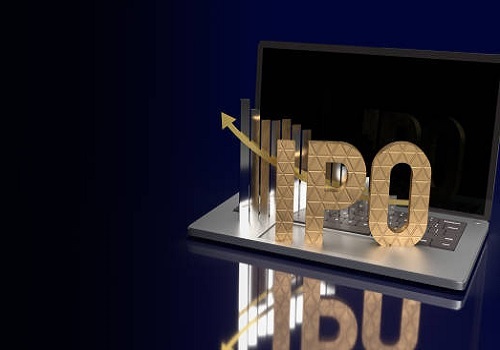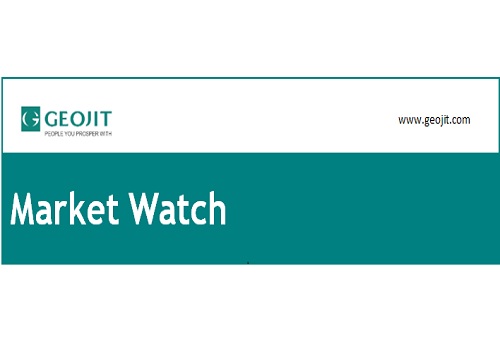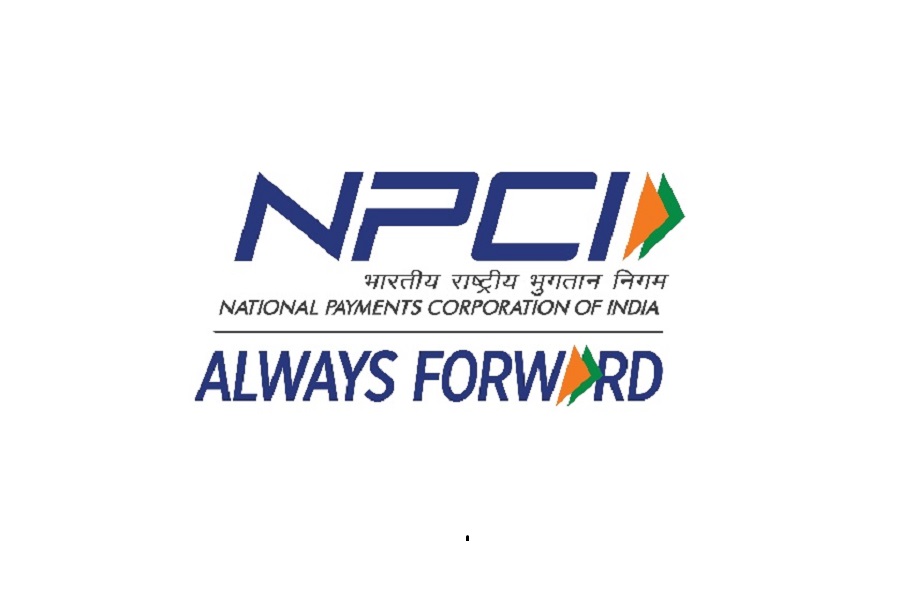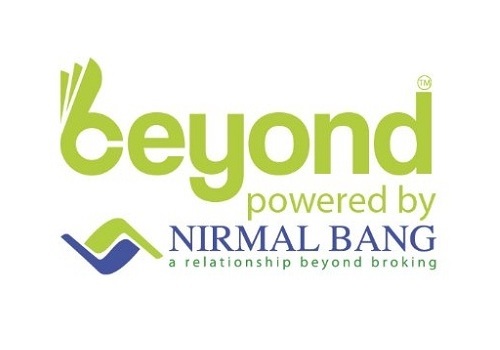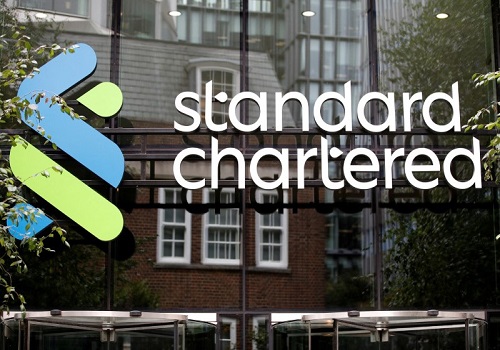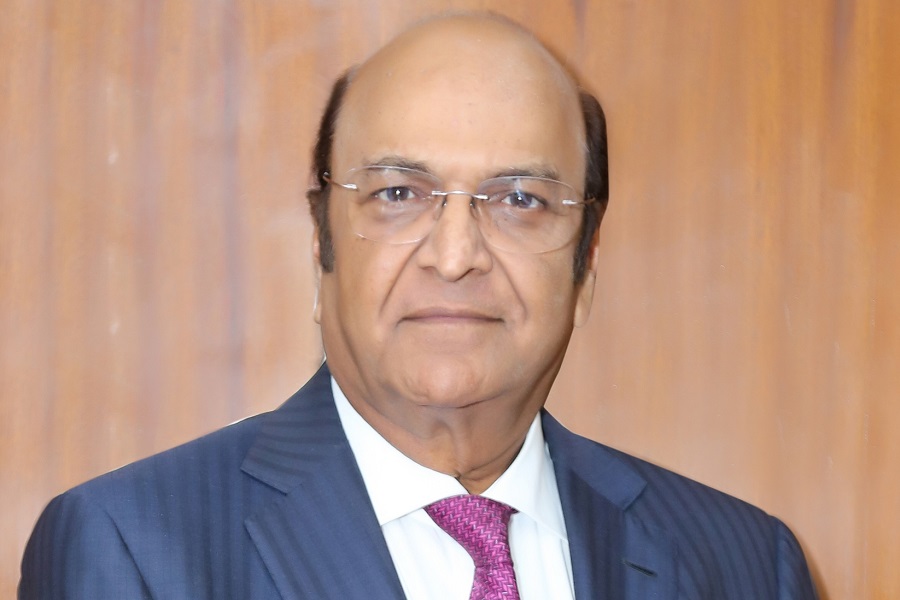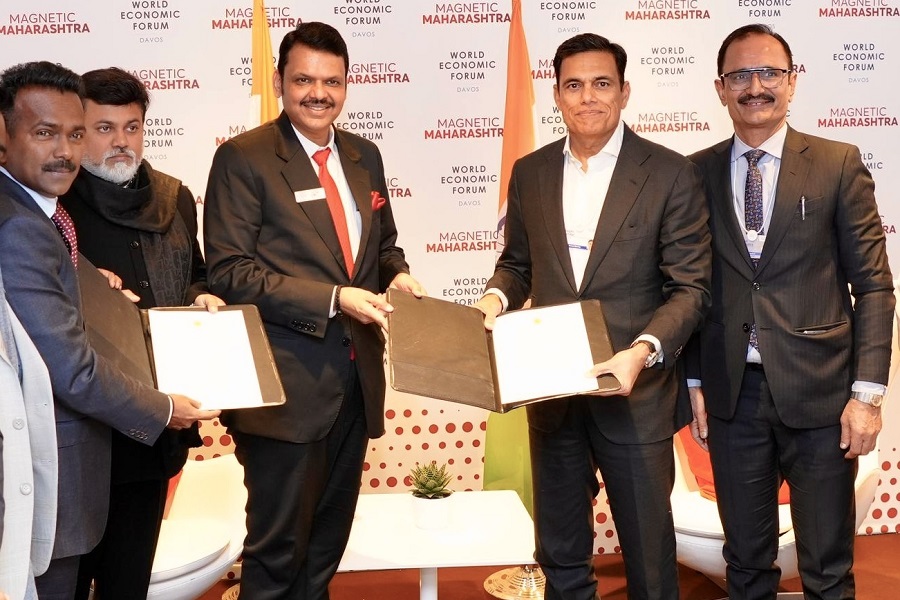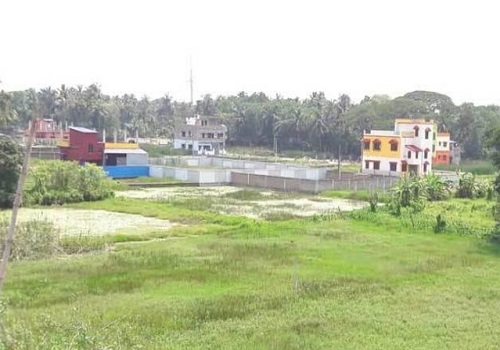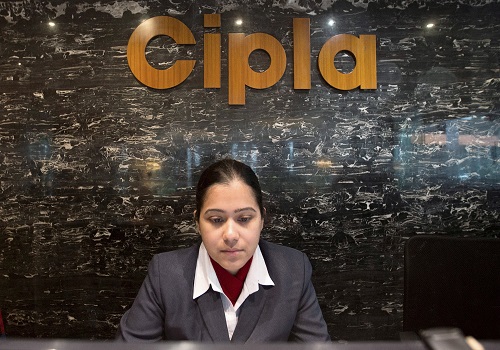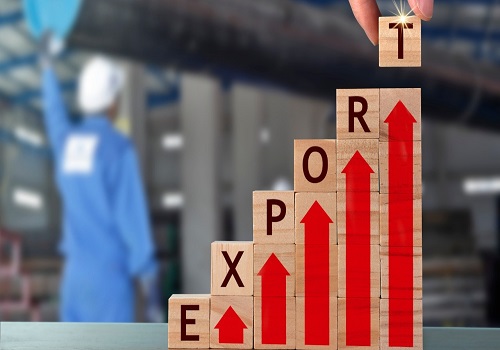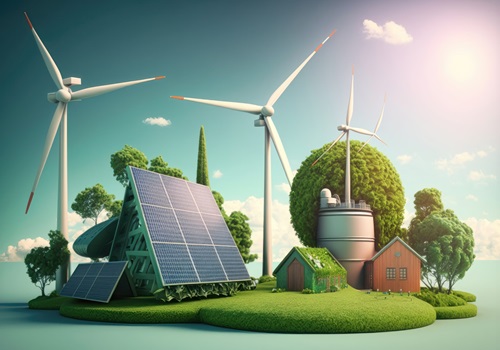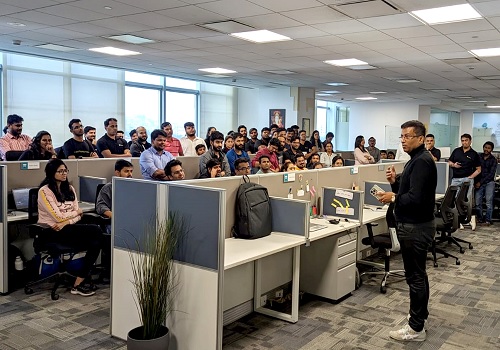Indian businesses building more resilient supply chains globally
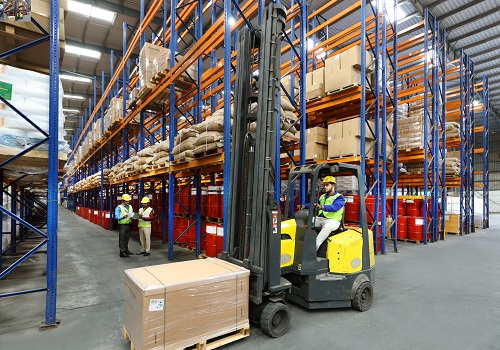
Indian businesses are deploying innovation and technology in supply chains to capitalise on opportunities arising out of the shifting geopolitical and trade landscape, a new report showed on Thursday.
Indian companies are turning to technology to build more resilient supply chains, with 66 per cent employing or planning to employ augmented or virtual reality for troubleshooting and repairs surpassing the 54 per cent global average, according to the report, titled 'Trade in Transition', by multinational logistics company DP World and led by Economist Impact.
Around 79 per cent of Indian firms are employing or planning to employ artificial intelligence (AI), big-data analytics, and predictive analytics for real-time insights and disruption forecasting, up 7 per cent on the global average, the data showed.
"The findings reflect the sentiment of Indian businesses that have not only embraced innovation through technology but also effectively leveraged initiatives under the Public Digital Infrastructure created by the government of India," said Rizwan Soomar, CEO and MD, DP World North Africa and India Subcontinent.
Around 80 per cent of Indian firms are utilising the Internet of Things (IoT) and radio frequency identification for real-time tracking and monitoring, 9 per cent higher than the global average.
India has implemented the National Logistics Policy and the Unified Logistics Interface Platform (ULIP) with an objective of providing easy access to data for all stakeholders.
"These, along with the country's focus on strengthening assets like free trade warehousing zones, rail connectivity, and multimodal logistics parks will support the country’s goal of raising manufacturing to 25 per cent of GDP by 2025 from 17.7 per cent currently," the report noted.
